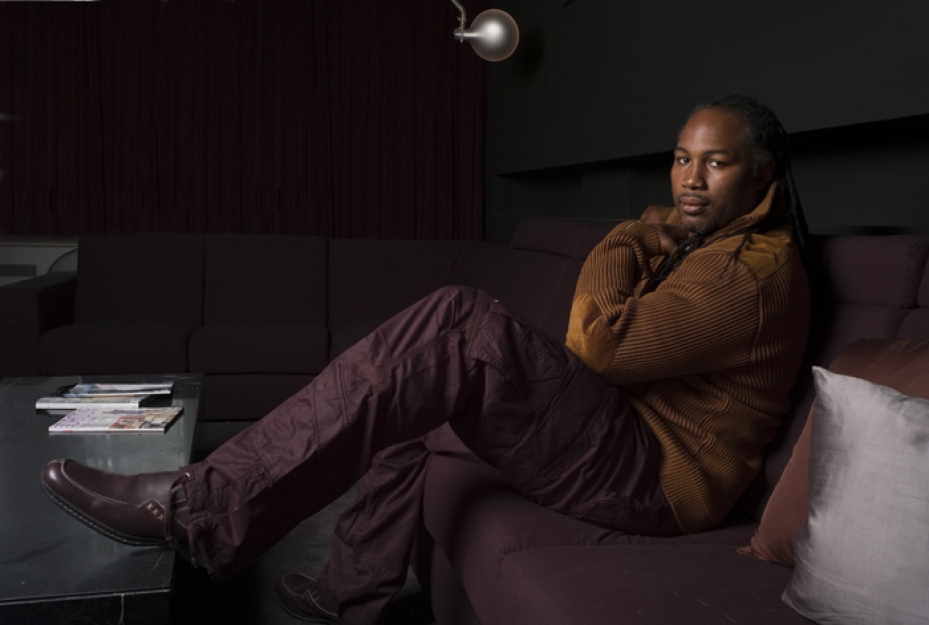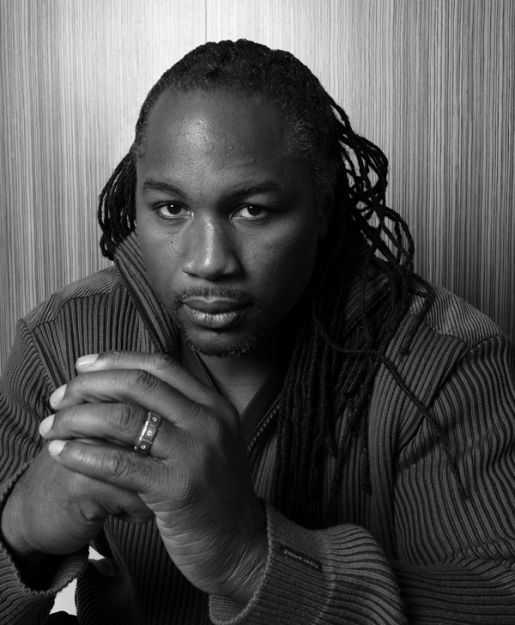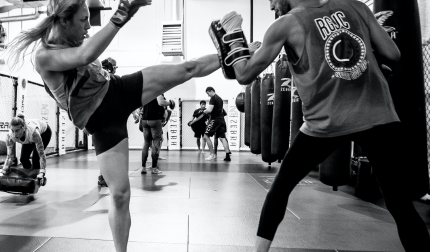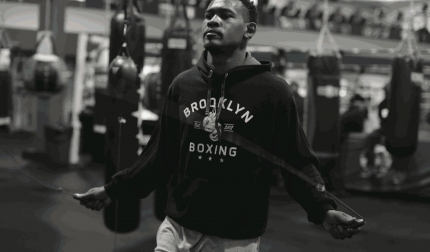Even though Lennox Lewis has not boxed professionally in over seven years, he still gets the question every day. “When are you coming back?” He understands why. Since his retirement in 2003, the heavyweight division has been void of a compelling champion. And virtually all boxers attempt a form of comeback, some more ill-advised than others. “I have to admit, I’ve thought about it,” Lewis says. “I think to myself, all I have to do is train hard for eight months. Eight months! And that’s it! But then, I decide against it. I know Father Time is catching up to me. History is my guide. And history says almost all of these comebacks don’t end well.”
It’s that level of thinking that boxing misses most in Lennox Lewis’ absence—a champion who understands the responsibility that comes with wearing the crown. “I realize that I am in elite company,” Lewis says. “There are men who have come before me that have done great things. I take that responsibility very seriously.”
Lewis is quick to mention Muhammad Ali as an athlete who has had a major influence on his life. “Every athlete owes Ali a debt of gratitude. He was a man who risked everything to speak out about the Vietnam War. He stayed true to his religious faith. He was even one of the first athlete to have other streams of revenue outside sport. He was a champion for everyone.”
Lewis, himself, is a rare figure in professional sports. He considers himself a citizen of Planet Earth (splitting time between Jamaica, Miami, and Toronto, and travelling extensively around the world). Against all odds in boxing, he has managed to retain most of his earnings to provide a comfortable life for himself and his family. He retired as the world’s heavyweight champion, which means every time he is recognized in public, he is still recognized as a champion.
“I was in the airport the other day,” Lewis says, “and a little girl pointed at me and said, ‘Mommy, that’s Lennox Lewis.’ Her mother couldn’t understand how she knew who I was. I couldn’t either. Then the girl said, ‘He’s the guy from The Apprentice.’ So even today, I’m finding new fans. And a big part of that is being careful about what I do. I don’t jump into the next thing, just because it was there.”
Patience wasn’t always Lewis’ strongest character trait. “There were many times in my life as a young man, when I could have made the wrong decisions,” he says. “One of the main reasons I didn’t make those bad choices was because of my mother. She was like a mom and a dad to me. She did everything to support me. She cleaned my boxing gear and laid it out for me every day. It was her way of sharing my sacrifice. I realize now that most kids don’t have that kind of a support system. They need outlets for their energy. One of my main roles in the future is to work with charitable organizations that can help provide those outlets.”
One of the many organizations Lewis supports is the ONEXONE Foundation, which works around the world to give kids safe drinking water and places to play and learn.
When Lewis isn’t engaged in his philanthropic efforts, he’s enjoy the family life he has created since his boxing career ended. Shortly after he retired, Lewis married his beautiful wife, Violet, and had four children. “Part of being a champion was dedicating myself to the sport,” Lewis says. “So often, when an athlete does that, he neglects his own family. I didn’t want to do that, so I didn’t start a family until after I retired. Now I can be there for them.”
In addition to family life, Lewis still enjoys one of his other true passions—playing chess. “Chess has taught me a great deal about life,” Lewis says. “As in life, in chess you can make all sorts of decisions. Here are five different moves or avenues. Which one should I take? If you can’t think ahead to the next several moves, it makes it more difficult to make a decision.”
Case in point? “I once had a man tell me to pull over while I was in my car. At first I thought I knew him, but when he approached the car, I realized I didn’t. I cracked the window, and the man said, ‘Come on, get out of the car.’ In my mind, I quickly went through the scenarios. We could end up rolling in the street and getting hit by a car. He could have a gun. I could break my hand. I could go to jail for hitting someone I never met before. Once I rolled through all the options, there was only one real decision to make—roll up the window and drive away. That’s how chess affects your thinking. The most immediate move isn’t necessarily the best move.”
Chess became such an influence in his life, Lewis often used the thought process in the ring—so much so, that it worried his former trainer, the late, great Emanuel Steward, that Lewis might be thinking too much. “Manny didn’t like chess, because he didn’t understand it. He had never really played. Once I walked him through it, he got it. He realized how much it has helped me. Chess is about being able to advance, while keeping yourself well defended. It’s a very natural correlation to boxing.” It’s also the strategy that has made Lennox Lewis a true champion long after his boxing days were done.






